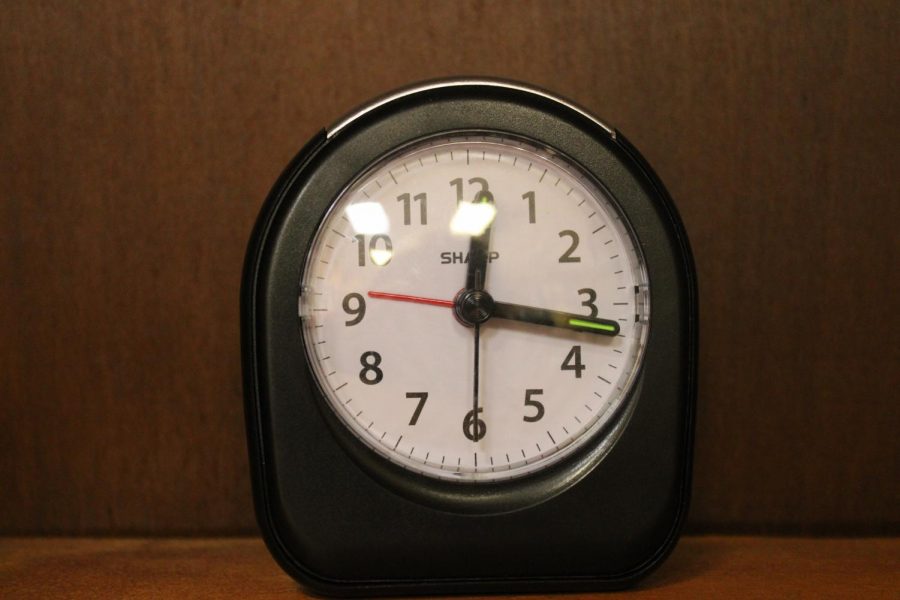How Students Sleep Cycles Affect Their Day to Day Lives
December 21, 2021
Sleep is a very important factor in everyday life. The recommended amount of sleep in a night is nine to nine and a half hours, according to John Hopkins Medicine.
During puberty, it becomes harder to fall asleep before 11 PM. This is due to a shift in circadian rhythm. “Circadian rhythms are physical, mental, and behavioral changes that follow a 24-hour cycle,” Nigms stated. This is explaining that your internal clock changes during puberty.
Some teens at Fair Grove High School do not get enough sleep. This can affect their performance at school mentioned Better Health. Not getting enough sleep can make teens drift off more often in class brought up Better Health. Better Health also explained that sleep can also affect concentration, attention span, decision making, risk-taking behavior, physical reflexes, memory, or even clumsiness.
To try to get more sleep, or go to bed earlier, Better Health suggested individuals, “Avoid screens such as computers, TV or smartphones, loud music, homework or any other activity that gets your mind racing for at least an hour before bedtime.” Better Health continued, “Start your bedtime routine a little earlier than usual (for example, 10 minutes).”
Brooklyn Mauldin is a freshman who is involved in Student Council, Theater, Softball, Green Team, FBLA, and Speech and Debate. Mauldin says she gets about six hours of sleep on a school night. Six hours of sleep is well below the recommended hours of sleep a teen should receive. Mauldin noted that she is fairly tired day-to-day. At her best, she is exhausted and ready for the day to end and get to bed. Mauldin lays down fairly early about 10 PM but doesn’t fall asleep until midnight.
Lucas Crutcher is a senior who is involved in football, FFA, and speech. Crutcher shared, “I lay down around 9:30 and play on my phone and then sleep at 11.”
Sleep is important for teens. According to John Hopkins Medicine, if teens don’t get enough sleep, it can negatively affect their schooling. Putting down their phone just one hour earlier can help students tremendously.
Websites:
https://www.nigms.nih.gov/education/fact-sheets/Pages/circadian-rhythms.aspx
https://www.betterhealth.vic.gov.au/health/healthyliving/teenagers-and-sleep
